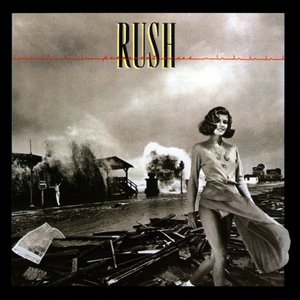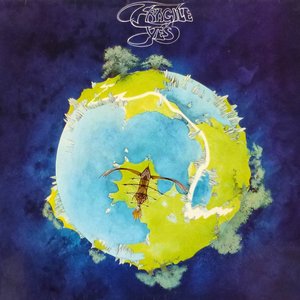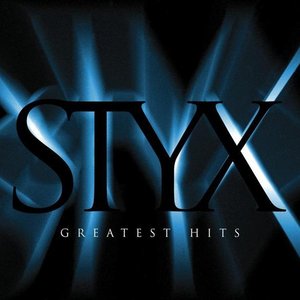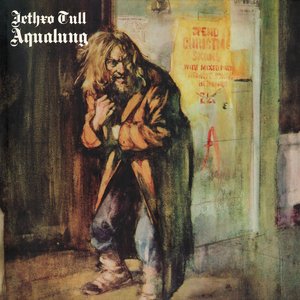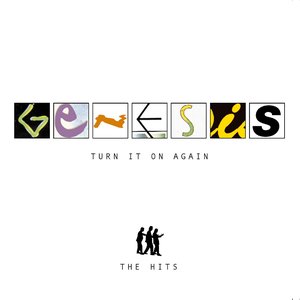Wiki
-
Length
5:52
"Freewill" (Sometimes written as "Free Will") is the second track on progressive rock band Rush's 1980 album Permanent Waves. It is written by Geddy Lee and Alex Lifeson with lyrics by Neil Peart. This is a good example of Rush's progressive experimentation due to the song's use of strange time signatures not common in popular music. The time signature alternates 6/4, 7/4, 6/4, 7/4, 6/4, 8/4 and repeats during the first verse. The chorus and bridge are in 4/4. And when the verse re-enters it alternates 4/4, 4/4, 4/4, 3/4, and repeats multiple times. Despite these time signature changes, this song remains one of Rush's most well known and popular songs to date.
The song's lyrics deal with the subject of free will, emphasizing that free will is not a gift but rather a choice. He explains that man can attempt to evade the fact that he must choose, but that evasion is itself a choice. Failing to think for himself, man is left with only the sad option of following a "celestial voice" or "kindness that can kill," referring to religion and socialism, respectively.
The pervasive criticism of religion and warnings against other substitutes for self-determination in the lyrics of "Freewill" closely parallel the theme of individualism found in Rush's other songs. In "Tom Sawyer," Peart states that the character's "mind is not for rent/to any god or government," again referring to religion and socialism as incompatible with independent thought and action.
Geddy Lee has stated that the end part of "Freewill" is at the highest part of his vocal range.
Track descriptions on Last.fm are editable by everyone. Feel free to contribute!
All user-contributed text on this page is available under the Creative Commons Attribution-ShareAlike License; additional terms may apply.

